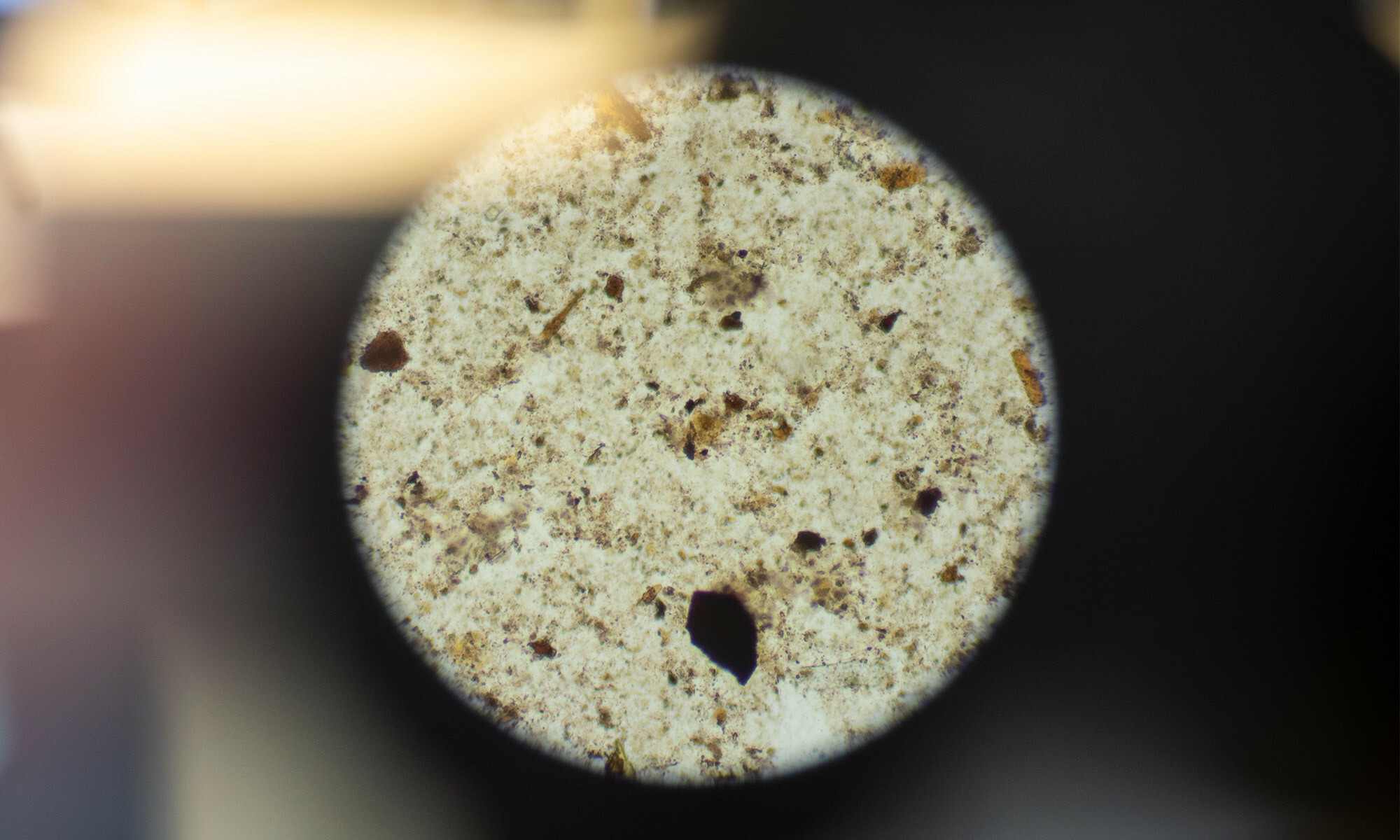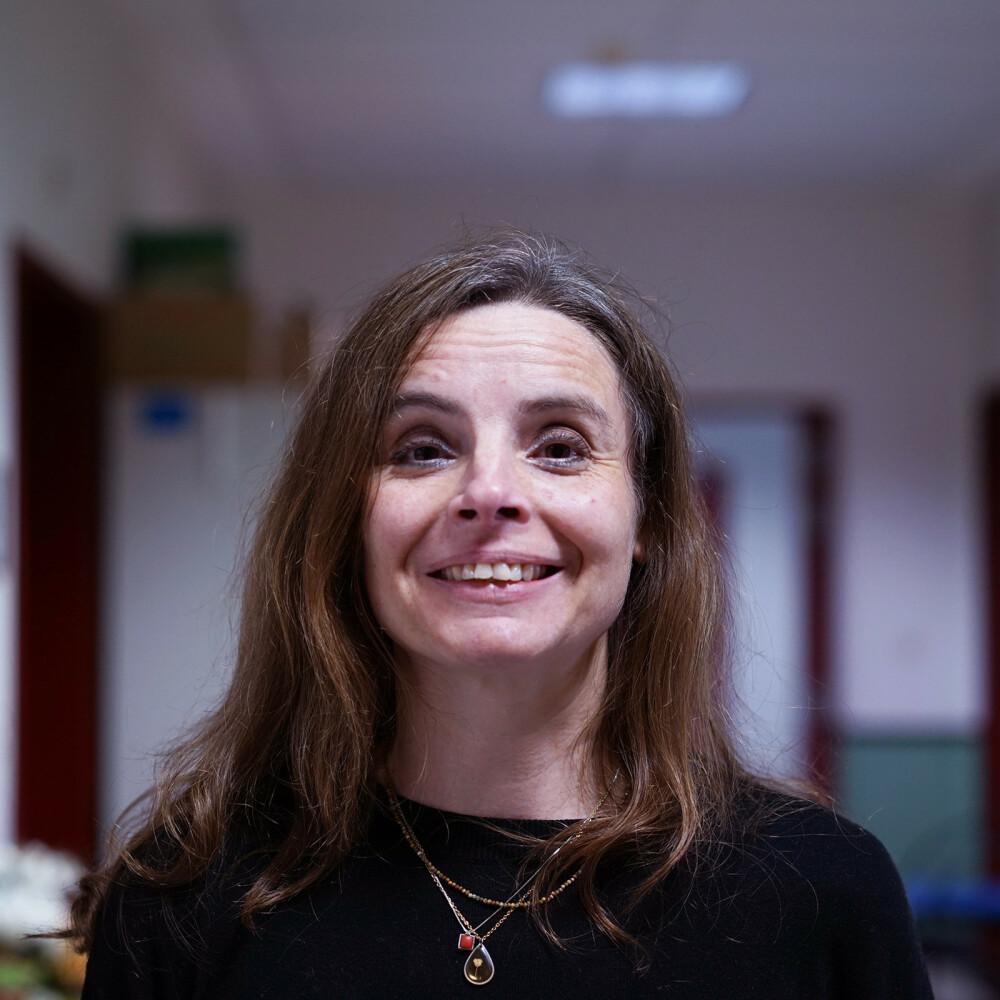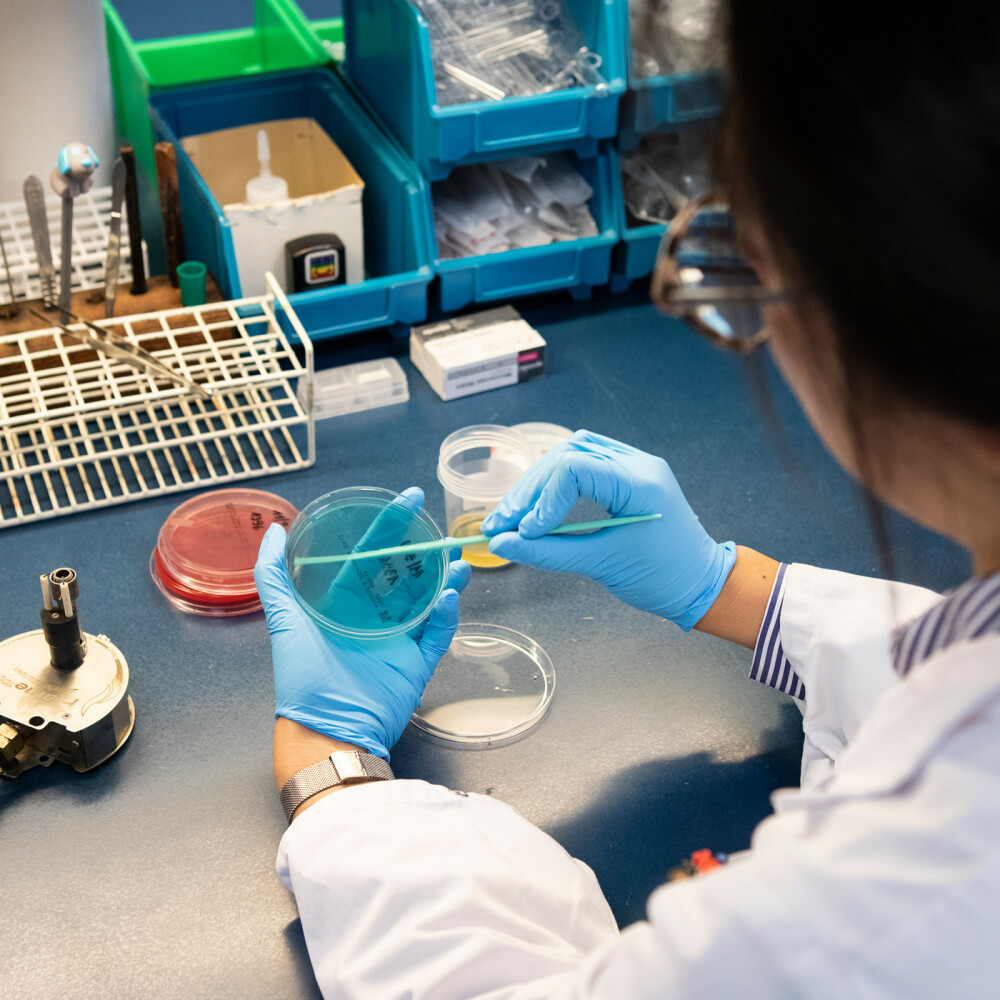What does your stool say? PCR can speed up diagnosis of travellers' diseases

Diarrhoea, abdominal pain and nausea are the main reasons travellers knock on the door of the Institute of Tropical Medicine's travel clinic after their holidays. Infectiologist Caroline Theunissen sees patients with gastrointestinal complaints almost every day. "And yet we often don't know exactly what causes it," she says.
This is what the Travelstool study aims to change. More precise stool analysis can lead to better and faster diagnosis. The diagnosis of gastrointestinal complaints depends on several factors: the travel destination, diet, local conditions and symptoms. Is there vomiting, diarrhoea or both? And how long have the symptoms lasted? Based on this, doctors and lab technicians look for a bacterial, viral or parasitic cause, but this search is often laborious.

Faster answers with PCR
We have an excellently equipped parasitology lab and impressive expertise in detecting tropical parasites and worm infections. "On parasites and worm infections, we are an authority," Caroline Theunissen explains, "but for bacterial and viral causes of diarrhoea, like many labs, we are running up against the limits of current diagnostics."
So far, we test for a limited number of bacteria, such as Salmonella, Shigella, Campylobacter and Yersinia. We can culture these on special culture media, but that takes time: 48 to 72 hours before you get a result. Moreover, the culture is not conclusive: a negative result does not always mean there is no infection. It is even trickier for viruses, which hardly allow themselves to be cultured. "Without PCR, they stay under the radar."
The solution? PCR technology, a method that can quickly detect the genetic material of pathogens, is much faster compared to classical culture techniques. "You already get results within a day," Caroline Theunissen explains. "That can really make a difference."

The Travelstool study
To know the difference between the culture and the PCR tests, our travel clinic has set up the Travelstool study. Those who register with gastrointestinal symptoms and agree to participate are assigned to one of two groups via the laboratory.
In both groups, their stool is examined using both conventional techniques and the rapid PCR test. Only, in one group, the treating physicians see the PCR results immediately, while in the other group, they do not.
"This way, we can find out whether knowing the PCR results affects treatment," says Theunissen. "Are patients prescribed more or fewer antibiotics? Are they followed up more closely? And ultimately: do they recover faster?"
To measure the latter, the researchers call all participants three weeks later. Did the symptoms disappear, decrease or remain?
Treating faster and more accurately with fewer antibiotics
There is great hope that the new approach will not only work faster, but also more targeted. "We now often see patients for whom we can't find a clear cause," says Caroline Theunissen. "With the PCR test, we are much more likely to get a clearer picture. But that can also create pitfalls: the more pathogens you detect, the greater the temptation to prescribe antibiotics anyway, even when it’s not necessary." This is an important concern, because abdominal complaints caused by bacteria do not always need to be treated. Treatment depends on the patient's profile, the type of bacteria and the severity of the symptoms.
The study could therefore not only help travellers recover faster, but also contribute to the fight against antibiotic resistance. “The better doctors know what they are treating, the more targeted and restrained they can be in prescribing," Caroline Theunissen says.
Because this is a prospective study, collecting data from subjects over a period of time, the researchers are not allowed to share interim results. This way, they avoid influencing doctors' behaviour. "Only after the end of inclusion, in 2026, we will be able to analyse the data," says Theunissen. "But expectations are high."
Healthy travel with Wanda
Wanda is a free app and website from ITM that provides up-to-date travel health information. Travellers will find an overview of recommended vaccinations and health risks per country, before, during and after their trip. The app can be consulted offline. Wanda also offers specific information for (GP) doctors who give travel advice.
Research themes

Antimicrobial Resistance
Read moreSpread the word! Share this story on









